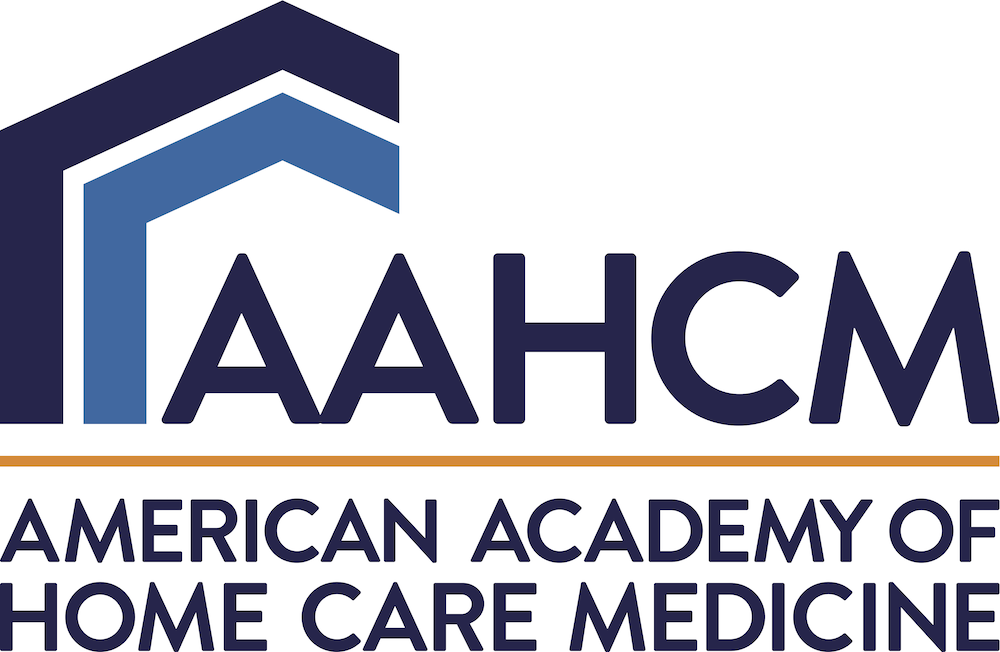The Necessity of Auditing in Value-Based Care: Ensure Compliance and Optimize Revenue

Who in your organization is responsible for assuring your documentation and submitted codes are correct? Do you have an auditing process in place? If not, you may be assuming that thousands of ICD-10 codes submitted to the Centers for Medicare & Medicaid Services (CMS) are 100% accurate, which may not be the case.
Reimbursement models are changing. Historically, in fee-for-service payment models, the patient assessment in the EHR, coupled with the plan of care, helped identify underlying conditions, the impact of those conditions, necessary treatments, and a patient’s prognoses. In today’s value-based care models, healthcare entities assume financial risk, so the assessment, diagnoses, and ICD-10 codes influence payments, particularly since ICD-10 codes are used to generate a patient’s Hierarchical Condition Category (HCC) risk score. In all primary care models, Current Procedural Terminology (CPT) codes continue to be important, as they reflect the intensity of evaluation and management provided. However, ICD-10 codes, which indicate a patient’s disease state and the severity of such, have assumed center stage. The specificity and accuracy of diagnostic statements, along with assigned ICD-10 codes, directly affect the healthcare entity’s compliance program and revenue.
So, how do you ensure your documentation and codes are correct? Chart auditing:
1. Ensures compliance
Auditing can ensure that diagnoses and accompanying ICD-10 codes are substantiated, meaning there is reasonable evidence that each diagnosis exists, was addressed, and was supported. This is necessary for submission to CMS for risk adjustment purposes. Submitting incorrect codes, particularly if they map to a Hierarchical Condition Category (HCC), violates the False Claims Act. It is important to note that an incorrect code does not necessarily indicate that the provider’s diagnosis was incorrect, but rather the ICD-10 code applied was in error. Additionally, diagnoses cannot be submitted by themselves without demonstrating that they were addressed in some fashion during the encounter. Without proper training in documentation excellence, providers may inadvertently upcode conditions, generating HCCs that are not correct. Therefore, it is important to have consistent auditing practices in place. Identifying and redacting upcoding and incorrect codes demonstrates to CMS that you are looking, and compliance is a priority to your organization.
2. Assists with claims integrity
If claims data and various CMS reports are available, an auditor can ensure that all the ICD-10 codes generated from an encounter are in CMS’s possession for the purpose of an accurate risk score calculation.
3. Can increase revenue
With a comprehensive review of the encounter, an auditor can uncover diagnoses that may exist but were either not captured or only partially captured due to non-specificity. By reviewing labs, diagnostic imaging reports, and specialist consultations, an audit can present potential diagnoses that can be captured during a later encounter with that patient, leading to a more optimal risk score.
Though performing audits internally is acceptable, outsourcing auditing to an independent company improves your organization’s credibility. Capstone Risk Adjustment Services provides auditing solutions for value-based care healthcare entities. Our auditing services, combined with our physician-led Clinical Documentation Excellence (CDE) education, can greatly improve your organization’s compliance and revenue.
We are proud to offer AAHCM members a 5% discount on a 12-month subscription to our on-demand physician-created Clinical Documentation Excellence education course, CDE Online. To find out more about our auditing solutions or CDE Online, email us at [email protected], visit cpstn.com, or call 844-683-5302.
George “Mike” Brett, MD
SVP Consulting Services, Chief Medical Officer
Capstone Risk Adjustment Services
About George W. Brett, MD
Dr. Brett has more than 30 years of experience in geriatric medicine and long-term care. Prior to joining Capstone in 2014, he served as the Medical Director for a PACE (Program for All-Inclusive Care for the Elderly) program in Southwestern Pennsylvania. As a private practitioner for more than three decades, Dr. Brett specialized in internal medicine and geriatrics and served as medical director for several long-term care facilities and hospice organizations, in addition to PACE. His work with PACE led to his interest and eventual expertise in Medicare risk adjustment. He is a frequent presenter on topics including polypharmacy in the elderly and Medicare risk adjustment.

